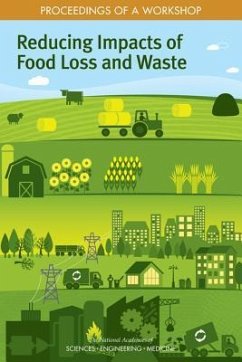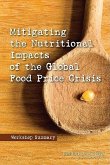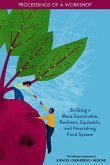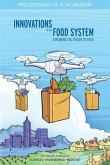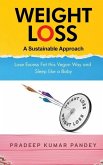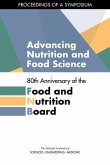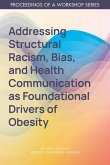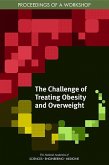Even as malnutrition in the form of hunger and obesity affect the health and well-being of millions of people worldwide, a significant amount of food is lost or wasted every day, in every country, and at every stage in the supply chain from the farm to the household. According to a 2011 estimate by the Food and Agriculture Organization of the United Nations (FAO), about one-third of food produced is lost or wasted globally. Beyond quantity estimates, however, less is known about the impacts on farmers, food prices, food availability, and environment of reducing food loss and waste. On October 17, 2018, the National Academies of Sciences, Engineering, and Medicine organized a workshop to examine key challenges that arise in reducing food loss and waste throughout the supply chain and discussed potential ways to address these challenges. This publication summarizes the presentations and discussions from the workshop.

